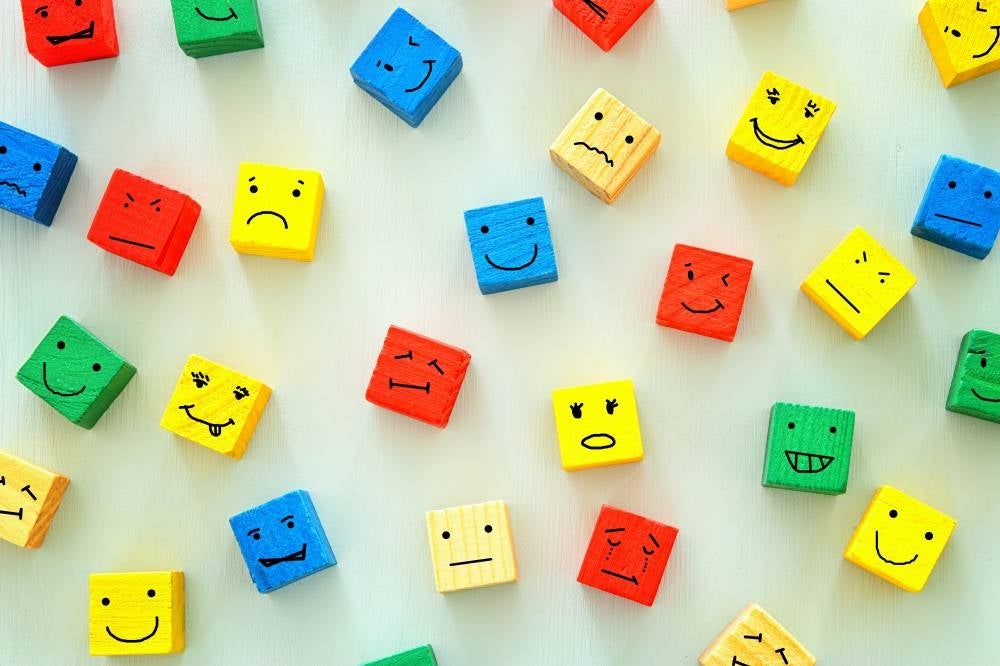Symbols and culture in the hunt for meaning at work
ILLYA SUMANTO
What is most important is not what happens but what it means.
- Lee Bolman and Terrence Deal, Reframing Organisations
Renowned psychiatrist and Holocaust survivor, Viktor Frankl, promotes that the primary goal of human life is the hunt for meaning.
In his book Man’s Search For Ultimate Meaning, he proposes that the primary source of meaning comes from purposeful work. This could include reframing the outlook on a job that is not our choice to have.
Organisational symbols must be incorporated into the company culture to assist members of an organisation in finding meaning at work.
Organisational symbols, tangible or intangible, are powerful because they carry personalised meaning, create emotional value, and a sense of belonging for people.
Apart from merely a company logo, organisational symbols comprising humour, play, stories, shared values, heroes, rituals, and celebrations, when emphasised, can invoke a deeper level of human energy that can help individuals find meaning at work and in life.
Studies have shown that when this happens, people will perform better organisational citizenship behaviours, such as voluntarism, altruism in cooperation, and conscientiousness toward individual responsibilities.
It is unique company symbols and culture that glue people together and help an organisation attain a vision.
Empathy for Youth Academy, a school focusing on emotional literacy, holds strongly to the belief “the opposite of play is not work, but depression”.
The work they do that involves emotional dialogue and conflict resolution can be intense.
This is why play through therapeutic art is emphasised for both the students and the teachers there.
It has been an unspoken practice that the teachers join students to do the ‘shadow work’ by drawing and creating art such as masks and puppets together during classes.
As a community of restorative healing, play must become part of our learning culture.
Breathwork, short meditation to recentre, and checking-in are ritualised.
Practice them at the start and end of each collaborative meeting, workshop, and lesson, online and offline.
Sometimes, when teachers or students share an emotional story, pause and invite everyone to breathe together.
Although new participants be it young students or parents, are typically surprised by this practice, it is clear we can always feel the energy of hope, connectedness, and courage in them after.
Can you name some of your organisation’s unique symbols and culture?
Illya Sumanto is the author of From Me To We: Teaching Children Taboo Topics for Empathy through Spoken Word Poetry in Malaysia and is now a doctorate candidate at the Wilkes University of Pennsylvania.










